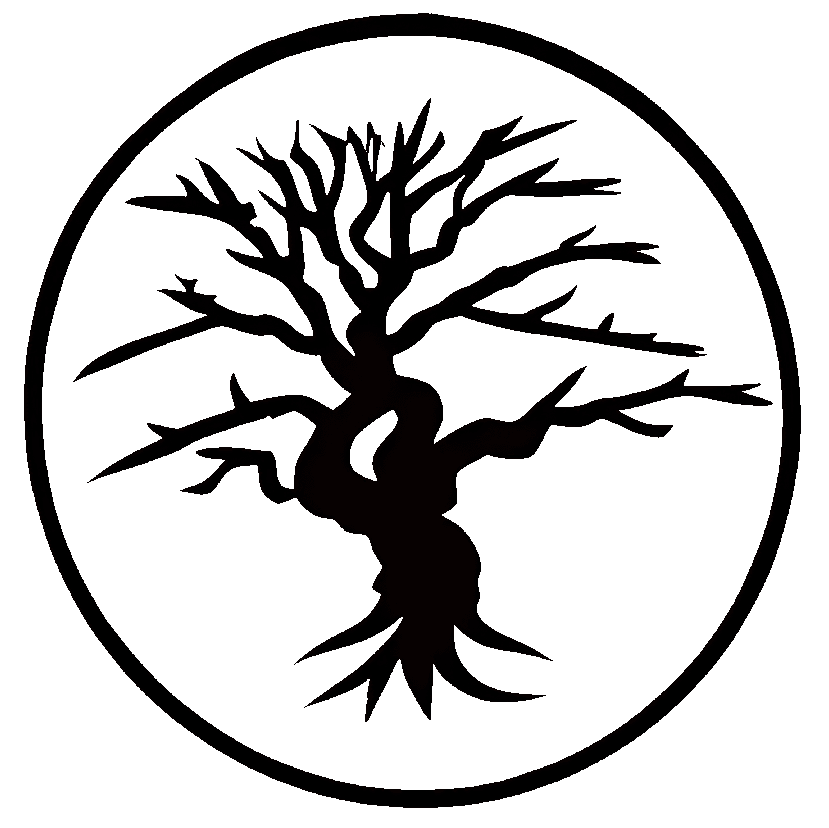
קַרְטוֹגְרַפְיוֹת
באחת הפעמים האחרונות בהן ביקרתי את סבי, הוא פרש בפניי מפה. לא מפה רגילה – לא כזו שמובילה ממקום למקום, אלא מפת שְׁאֵרִים. לא היו עליה שמות של ערים, אלא סימני שריפה. לא כבישים, אלא תעלות חפורות למחצה, שנסגרו ואז נפתחו שוב. הוא עבר עם האצבע על הסימנים, מלטף קווים שהיו טבועים בו עצמו.
"פה נלחמתי לראשונה", אמר והצביע על שקע קטן בצפון.
"חשבנו שזה יהיה קרב אחד", גיחך במרירות.
נדמה היה שהמפה מסמנת את כל המלחמות בעת ובעונה אחת – שוחות מהמערכה הראשונה, בונקרים מהשנייה, אקדח מהמערכה השלישית, מכתש של פצצה שלא הוטלה עדיין. אבל בעיניו של סבי, כל אלה היו רגע אחד מתמשך.
"יש מקומות שבהם לא הספקתי להילחם", המשיך, "אבל הם עדיין בתוכי."
שאלתי אותו אם הוא זוכר את הסוף של איזו מלחמה.
הוא צחק. "אין סופים. יש רק שכבות. לפעמים אתה למעלה, לפעמים קבור תחת האחרות."
הוא הראה לי ריבוע במרכז המפה – לא עיר, לא מחנה, אולי בית שחרב ונבנה כל לילה מחדש בזיכרונו.
"שם", לחש, "שם חיכיתי שתבוא הפקודה לחזור הביתה. אבל היא לא באה. אז נשארתי."
שאלתי אם הוא יודע איפה הבית.
הוא לקח עיפרון וצייר קו עדין – שבור, לא ישר – שהוליך בין כל הנקודות במפה.
"זה הבית שלי", אמר, "הדרך בין המלחמות."
Cartographies
One of the last times I visited my grandfather, he laid out a map before me. Not a regular map—not one that leads from place to place, but a map of Leftovers. It didn’t have names of cities, but burn marks. Not roads, but half-dug trenches, which had closed and then opened again. He moved his finger over the markings, caressing lines that were engraved in him.
“Here I fought for the first time,” he said, pointing to a small hollow in the north.
“We thought it would be just one battle,” he chuckled bitterly.
It seemed the map marked all the wars at once—trenches from the first one, bunkers from the second, a pistol from the third, a crater from a bomb that hadn’t yet been dropped. But in my grandfather’s eyes, all of these were one continuous moment.
“There are places I never got to fight in,” he continued, “but they’re still inside me.”
I asked him if he remembered the end of any war.
He laughed. “There are no endings. Only layers. Sometimes you’re on top, sometimes buried beneath the others.”
He showed me a square in the center of the map—not a city, not a camp, maybe a house that collapsed and was rebuilt every night in his memory.
“There,” he whispered, “there I waited for the order to return home. But it never came. So I stayed.”
I asked him if he knew where home was.
He took a pencil and drew a thin line—broken, not straight—leading between all the points on the map.
“This is my home,” he said, “the path between the wars.”











